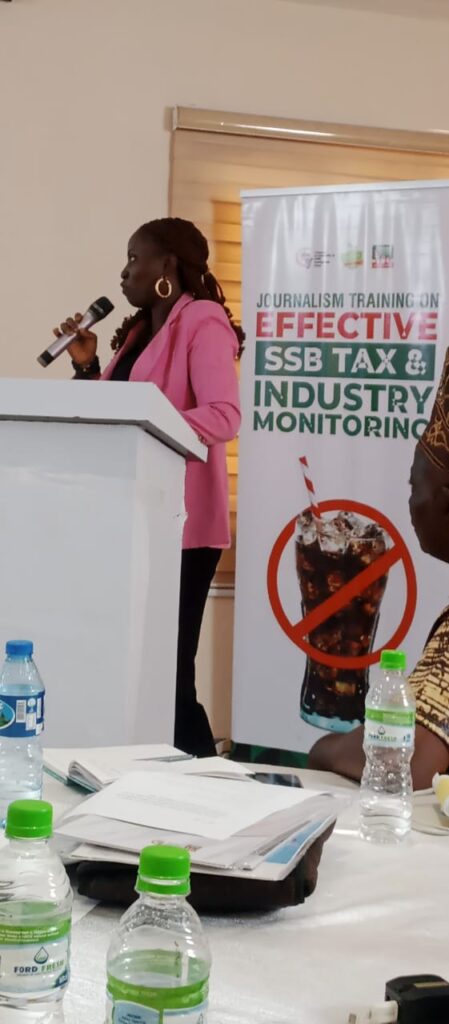Despite ongoing federal government interventions, Non-Communicable Diseases (NCDs) remain a major public health challenge in Nigeria, accounting for approximately 30 percent of all annual deaths, according to the Corporate Accountability and Public Participation Africa (CAPPA).
This alarming statistic was revealed during a two-day training for journalists on Sugar-Sweetened Beverages (SSB) Tax and Industry Monitoring, held at BON Hotel, Kano. The training aimed to strengthen the capacity of media professionals to report accurately on NCDs, monitor food industry practices, and raise public awareness about pro-health policies.
Akinbode Oluwafemi, Executive Director of CAPPA, said that Nigeria is grappling with an escalating NCD crisis, largely driven by the widespread consumption of ultra-processed foods, including sugar-sweetened beverages and high-sodium products.
He emphasized that the processed foods industry is aggravating the situation through aggressive and sophisticated marketing campaigns, often targeting vulnerable groups such as children and young adults. These strategies, he noted, not only endanger public health but also undermine government efforts and burden the country’s healthcare system.
“In 2021, the federal government introduced the SSB tax—a N10 per litre levy on all non-alcoholic, sweetened, and carbonated drinks—as a pro-health policy aimed at curbing excessive sugar consumption,” Oluwafemi stated. “However, the tax threshold remains too low to be effective, and there are serious concerns about the transparency and utilization of the generated revenue.”
He stressed that the objective of the training is to equip journalists with the knowledge and tools needed to expose industry tactics that hinder policy implementation and to ensure the public receives accurate, evidence-based information.
“You have the power to shape public perception and influence policy. Through investigative and responsible reporting, you can help bring food-related diseases to the forefront of public discourse and drive the advocacy for healthier lifestyles,” he urged the participants.
Also speaking at the event, Dr. Amadi Dorothy, Deputy Director at the Non-Communicable Diseases Division, Department of Public Health, Federal Ministry of Health and Social Welfare, reinforced the federal government’s commitment to combatting NCDs. She acknowledged the essential role of the media in bridging the knowledge gap, particularly at the grassroots level.
“The media is a key partner in the fight against NCDs. This training is designed to empower journalists to accurately report on the burden of NCDs, highlight pro-health policies, and expose tactics used by vested interests in the processed foods industry,” Dr. Dorothy said.
She encouraged journalists to become advocates for healthier dietary choices by promoting awareness and supporting the dissemination of credible information.
As Nigeria continues to confront the growing burden of NCDs, stakeholders at the forum called for stronger policy implementation, increased public education, and more robust accountability mechanisms to protect public health and secure the nation’s future.
















